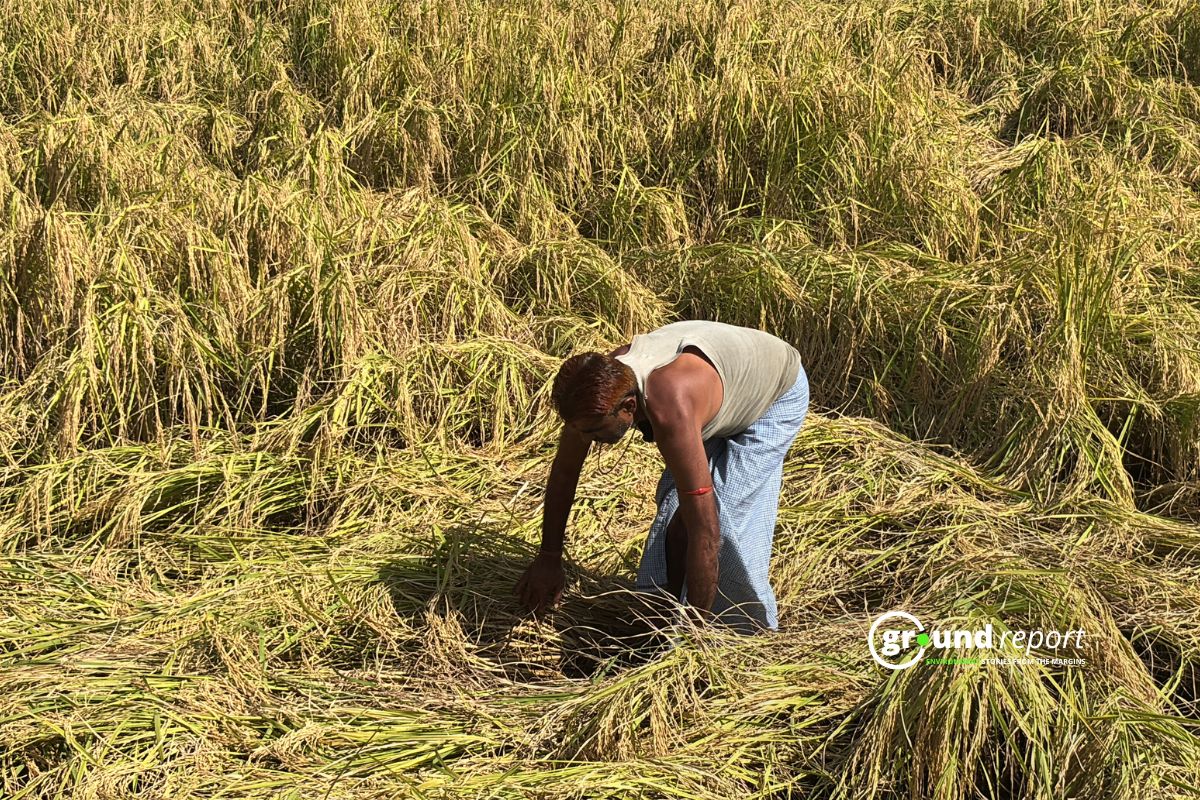Elephant seals in South America died in massive numbers due to the bird flu virus acquiring mutations to spread among mammals, according to a new study. An unprecedented outbreak of the H5N1 avian influenza virus among elephant seals in Argentina last year has raised alarms about the virus’s ability to adapt to mammals, with global consequences for humans, wildlife, and livestock.
A study co-led by the University of California, Davis’ School of Veterinary Medicine and the National Institute of Agricultural Technology (INTA) in Argentina reveals mammal-to-mammal virus transmission. The study, published on bioRxiv, shows the first multinational transmission of the virus in mammals globally, with the same virus in several pinniped species across different countries.
The genomic analysis showed the virus is evolving into separate avian and marine mammal clades in South America, an unprecedented development. This raises concerns that H5N1 viruses adapted to mammal transmission could jump to other species, including humans.
“The more it adapts to mammals, the more important it becomes for humans,” said co-leading author Marcela Uhart, a veterinarian with the UC Davis Karen C. Drayer Wildlife Health Center and its Latin America Program, “This is evidence that we should be alert, especially for marine mammals.”
H5N1 clade 2.3.4.4b emerged globally in 2020. The avian influenza virus killed thousands of seabirds in Europe and spread to South Africa alongside COVID-19. In 2022, it reached the U.S. and Canada, threatening poultry and wild birds, and then spread to South America.
In February 2023, highly pathogenic avian influenza (HPAI) was detected in Argentina for the first time. It affected poultry in inland central Argentina for five months. By August 2023, after a two-month lull in poultry outbreaks, the virus was found in sea lions at the tip of South America off the Atlantic coastline of Tierra del Fuego island. From there, it moved northward, causing fatalities among marine mammals and later seabirds.
In October 2023, the study authors surveyed a breeding colony of elephant seals at Punta Delgada, Península Valdés, Argentina after sea lion outbreaks and recorded unprecedented mass mortality, with 17,000 dead seals. By November, 96% of pups born that season would die. Test results confirmed HPAI H5N1 in the dead seals and terns.
The H5N1 clade 2.3.4.4b, genotype B3.2 virus split into avian and marine mammal clades. It arrived on the continent through migratory birds before infecting mammals. It separated from the avian clade virus to become a marine mammal-adapted virus. The virus can infect pinnipeds and birds, as shown in a study where the virus in terns was identical to that from elephant seals.
“We’re showing the evolution of this marine mammal virus,” said virologist and co-leading author Agustina Rimondi of INTA. “This virus can adapt to mammals, as seen from the consistent mutations in the mammalian clade viruses.”
Influenza viruses mutate and exchange gene segments to adapt to new hosts. Uhart and Rimondi stressed the need for ongoing monitoring to understand the virus’s impact on human health, wildlife conservation, and ecology.
Keep Reading
Part 1: Cloudburst in Ganderbal’s Padabal village & unfulfilled promises
India braces for intense 2024 monsoon amid recent deadly weather trends
Support us to keep independent environmental journalism alive in India.
Follow Ground Report on X, Instagram and Facebook for environmental and underreported stories from the margins. Give us feedback on our email id greport2018@gmail.com.
Don’t forget to Subscribe to our weekly newsletter, Join our community on WhatsApp, and Follow our YouTube Channel for video stories.









